Summaries of books about U.S. History:
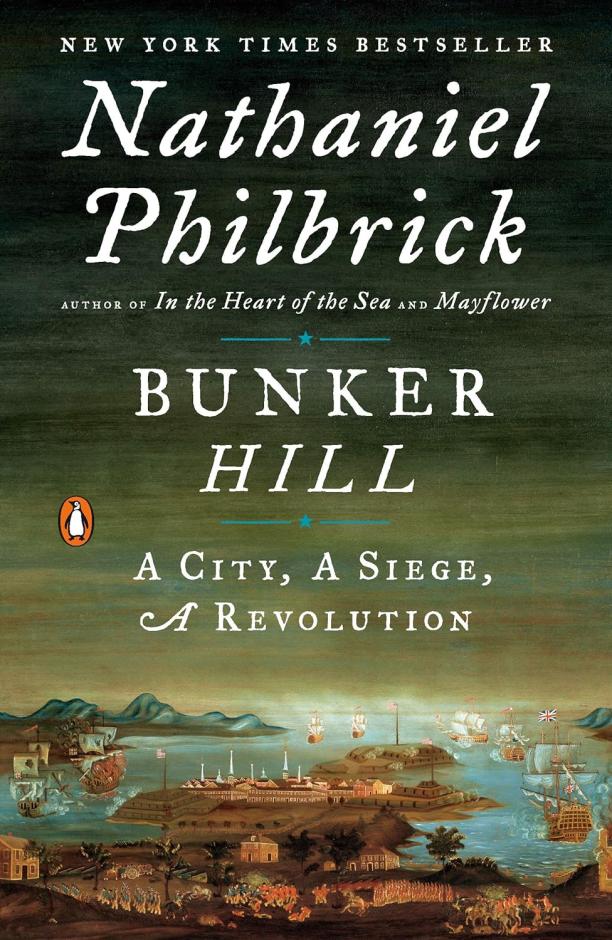
Bunker Hill
A City, A Siege, A Revolution
Nathaniel Philbrick
The book delves into the build-up, events, and aftermath of the Battle of Bunker Hill, one of the early and significant confrontations in the American Revolution. It explores the lives of participants on both sides of the conflict and the impact of the battle on the course of the revolutionary struggle.
See full summary
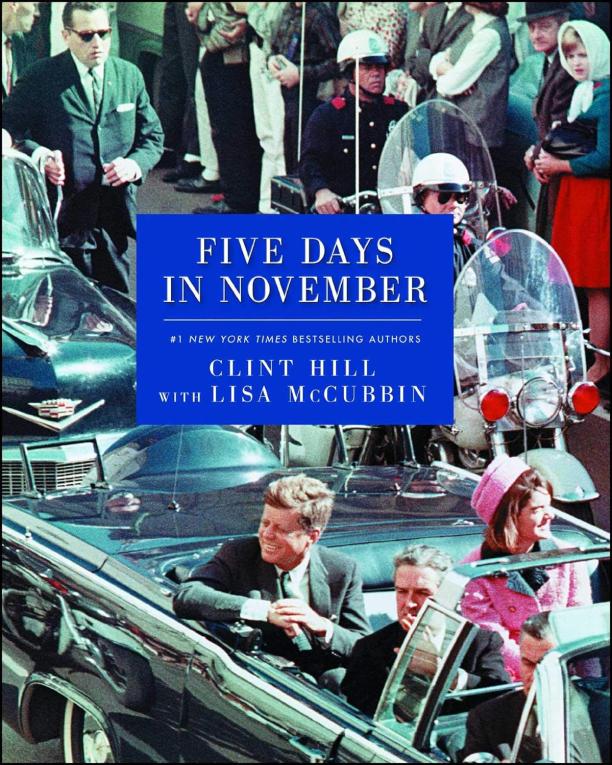
Five Days in November
Clint Hill|Lisa McCubbin Hill
The book provides a detailed account of the assassination of President John F. Kennedy from the perspective of Secret Service Agent Clint Hill, who was present during the tragic event. It covers the five days surrounding the assassination, offering personal insights and reflections on the historical moment and its aftermath.
See full summary

Forget the Alamo
The Rise and Fall of an American Myth
Chris Tomlinson|Jason Stanford
The book critically examines the historical narrative surrounding the Battle of the Alamo, challenging the traditional heroic and patriotic story often told in American culture. It delves into the myths, racial conflicts, and political motivations that have shaped the Alamo's legacy, offering a revisionist perspective on this iconic event in Texas history.
See full summary

Detroit
An American Autopsy
Charlie LeDuff
The book is a gritty exploration of the decline of Detroit, delving into the city's economic collapse, political corruption, and social decay through the eyes of the author, a journalist and native son. It combines personal anecdotes with investigative reporting to paint a vivid picture of a once-thriving metropolis brought to its knees.
See full summary
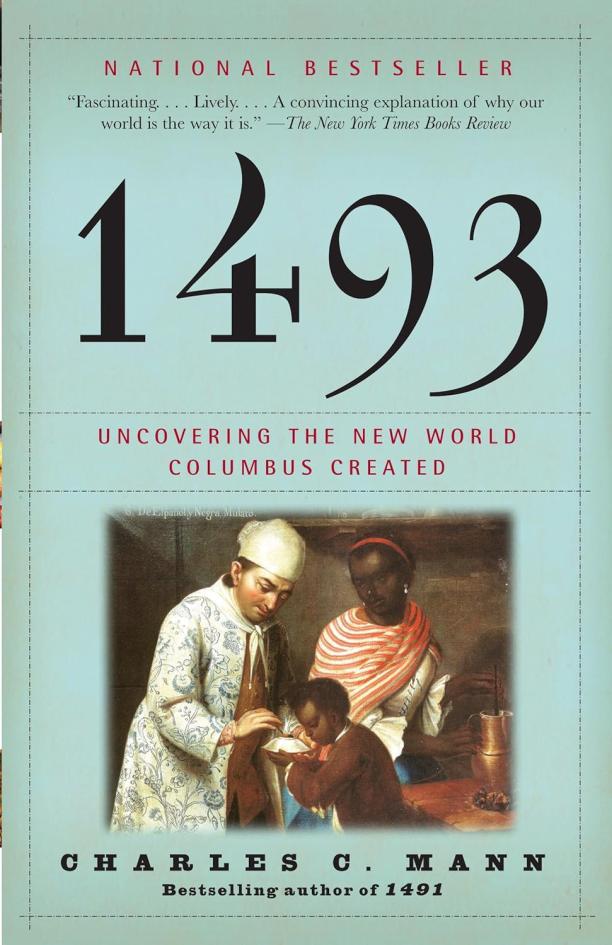
1493
Uncovering the New World Columbus Created
Charles C. Mann
The book explores the profound ecological and cultural consequences of the Columbian Exchange, the widespread transfer of plants, animals, people, and diseases that followed Columbus's voyages. It delves into how this exchange reshaped the world, leading to global economic shifts, population movements, and new agricultural practices.
See full summary
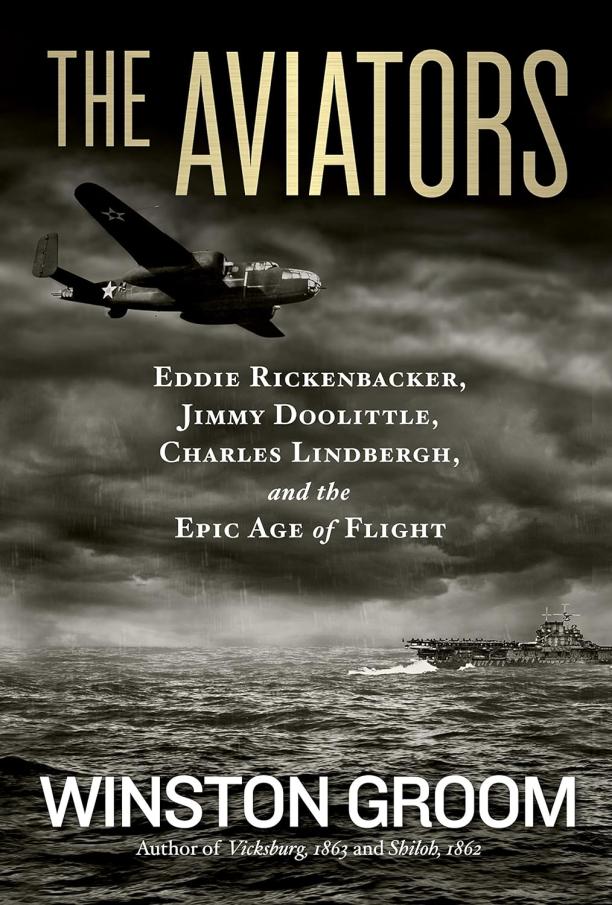
The Aviators
Eddie Rickenbacker, Jimmy Doolittle, Charles Lindbergh, and the Epic Age of Flight
Winston Groom
The book chronicles the interwoven lives and achievements of three pioneering American aviators who made significant contributions to aviation during the early 20th century. It delves into their heroic exploits during wartime, their record-breaking flights, and their lasting impact on air travel and military aviation.
See full summary
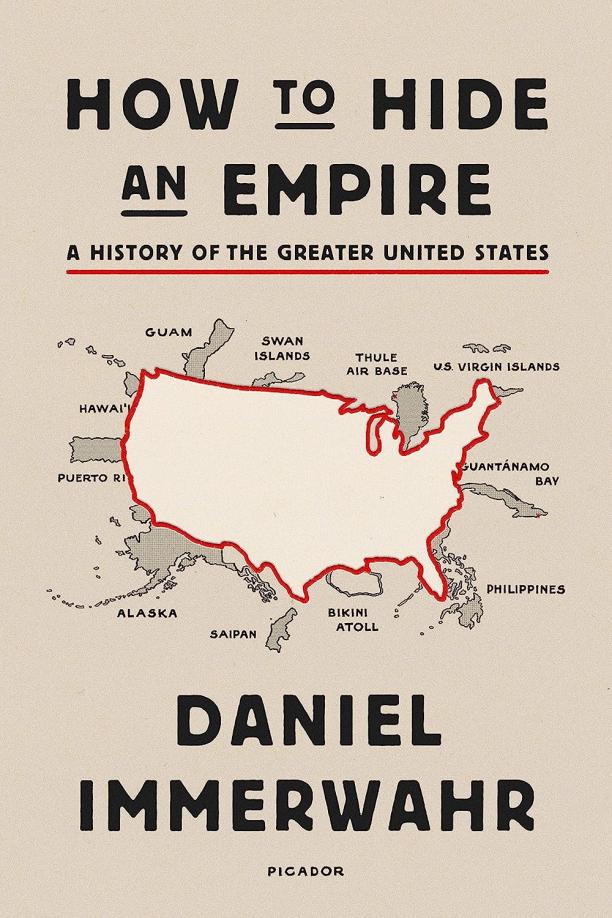
How to Hide an Empire
A History of the Greater United States
Daniel Immerwahr
The book reveals the often overlooked history of the United States' territorial expansion beyond the mainland, including its possession of overseas territories and influence. It examines the impact of this imperial footprint on both the colonized peoples and the geopolitical landscape, challenging the traditional narrative of the U.S. as a republic with no colonies.
See full summary
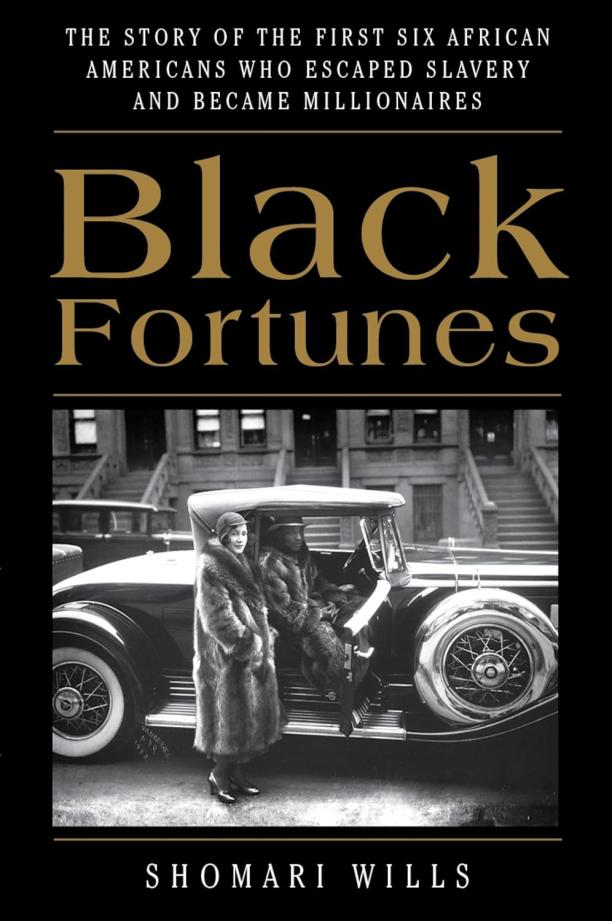
Black Fortunes
The Story of the First Six African Americans Who Escaped Slavery and Became Millionaires
Shomari Wills
The book chronicles the lives and economic achievements of six African Americans who, despite the oppressive constraints of slavery and racial discrimination, amassed substantial wealth during the 19th and early 20th centuries. It delves into their entrepreneurial ventures, real estate investments, and the challenges they faced in a society deeply divided by race.
See full summary
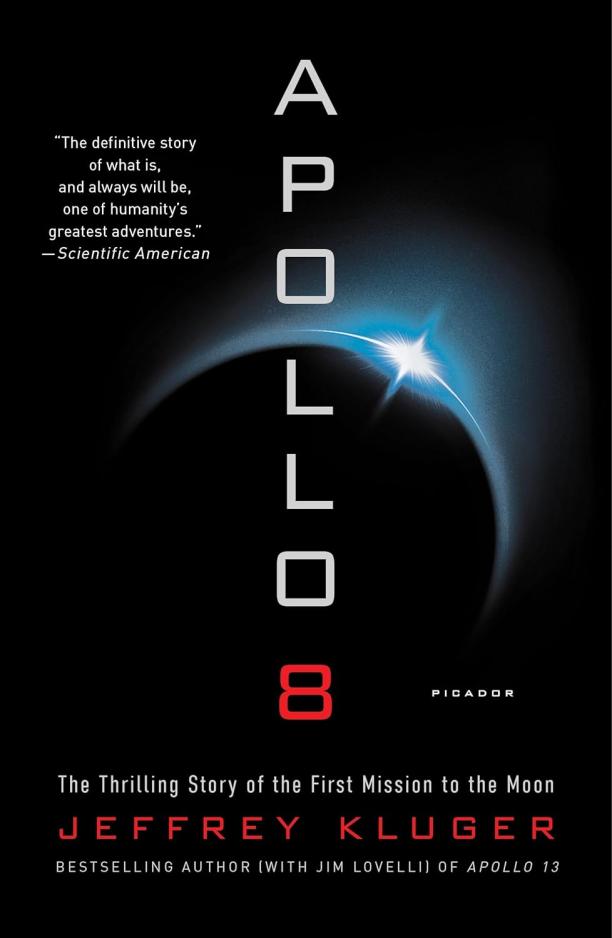
Apollo 8
The Thrilling Story of the First Mission to the Moon
Jeffrey Kluger
The book chronicles the historic 1968 NASA mission that marked humanity's first journey to the Moon, detailing the astronauts' experiences, the mission's challenges, and its impact on the space race. It delves into the personal stories of the crew, the technical aspects of the mission, and the broader context of the United States' efforts to achieve lunar exploration.
See full summary
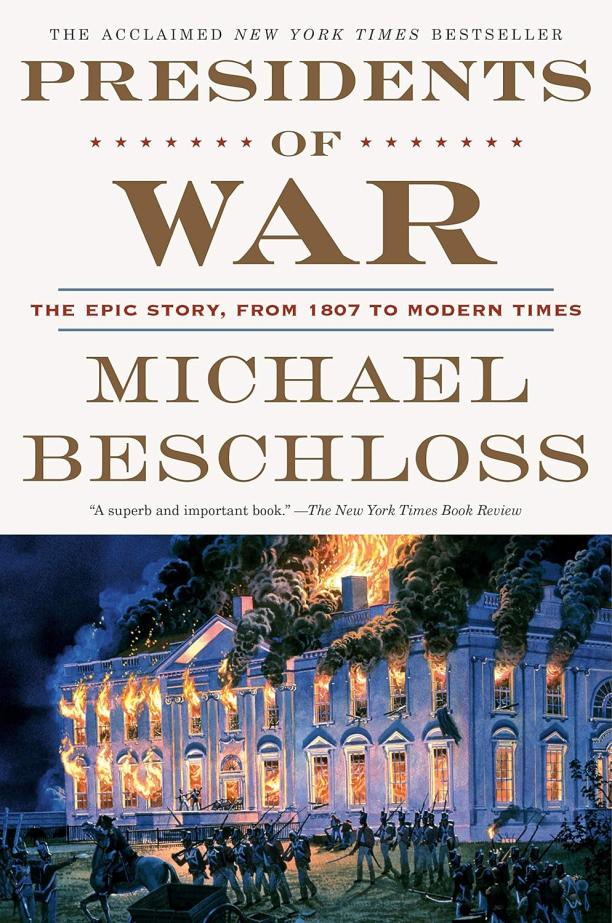
Presidents of War
The Epic Story, from 1807 to Modern Times
Michael R. Beschloss
The book examines the leadership and decision-making of American presidents during major wars, from the early 19th century through the Vietnam War. It explores the challenges they faced, the moral dilemmas, and the impact of their choices on the nation and the world.
See full summary